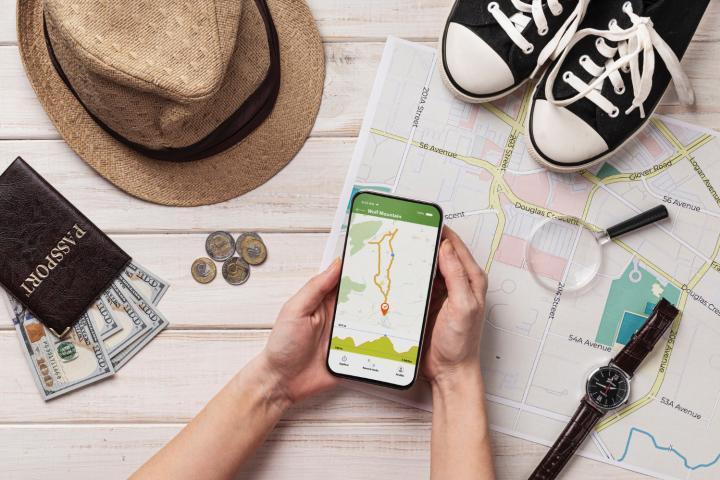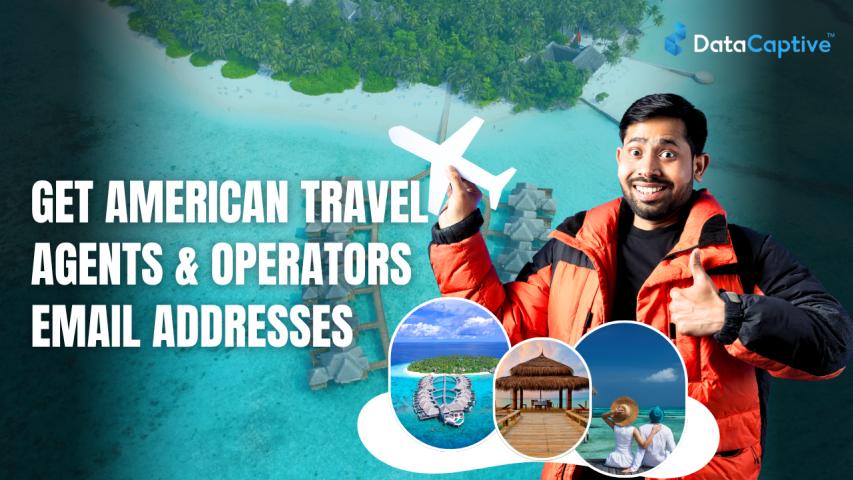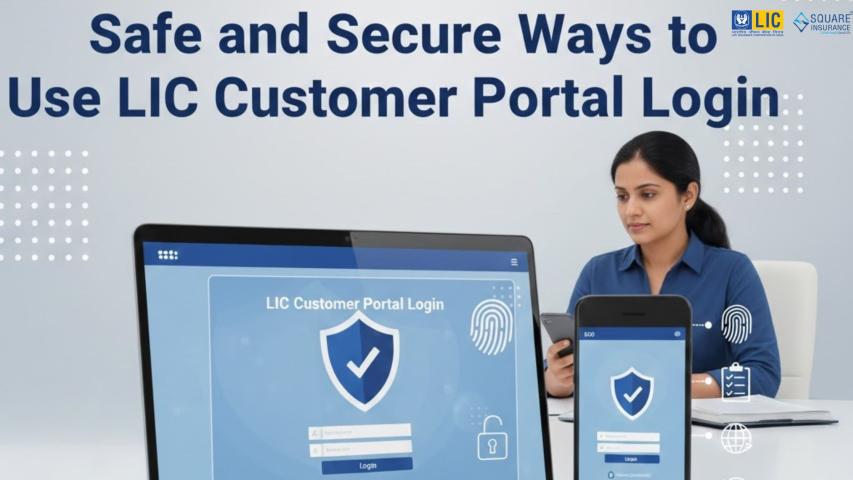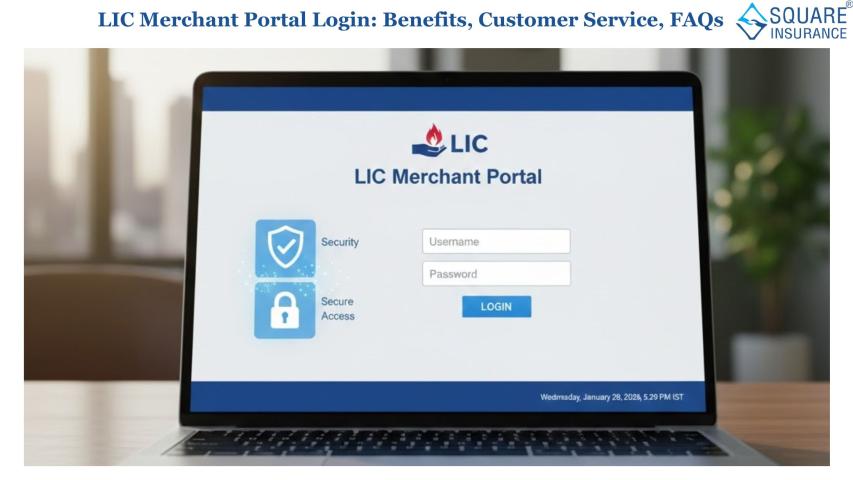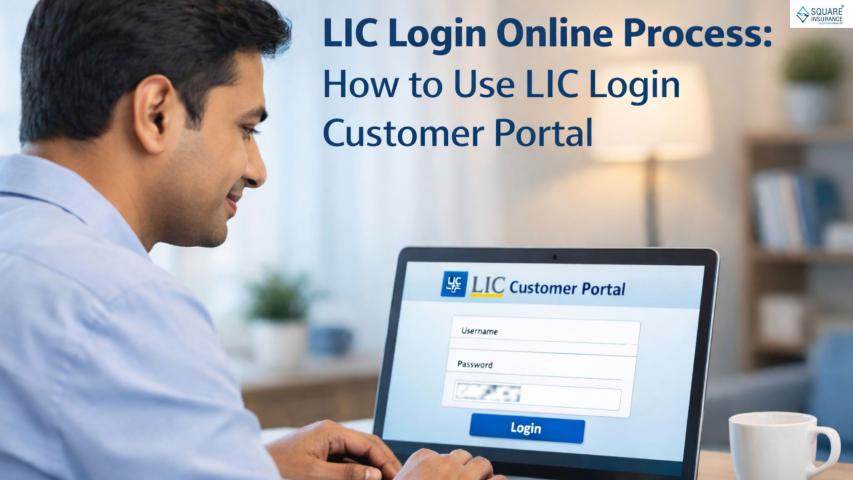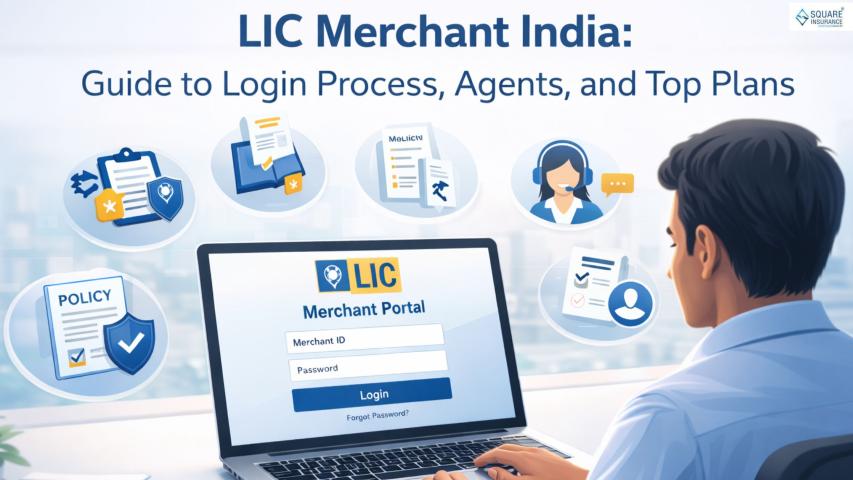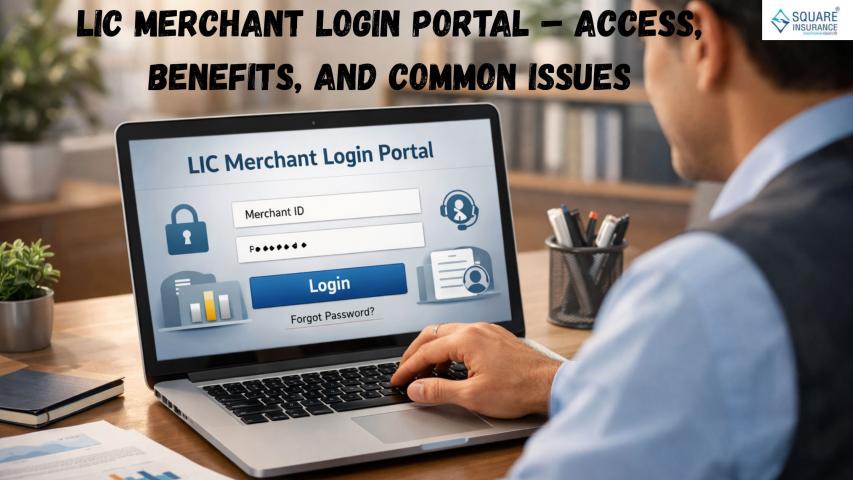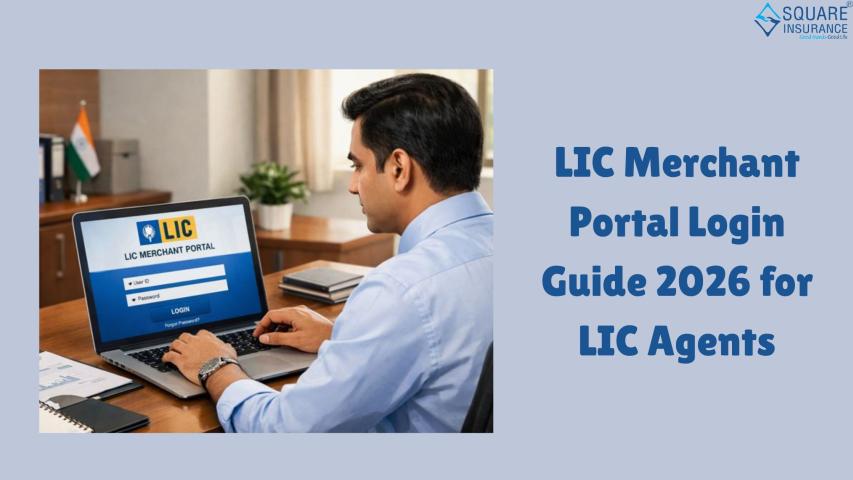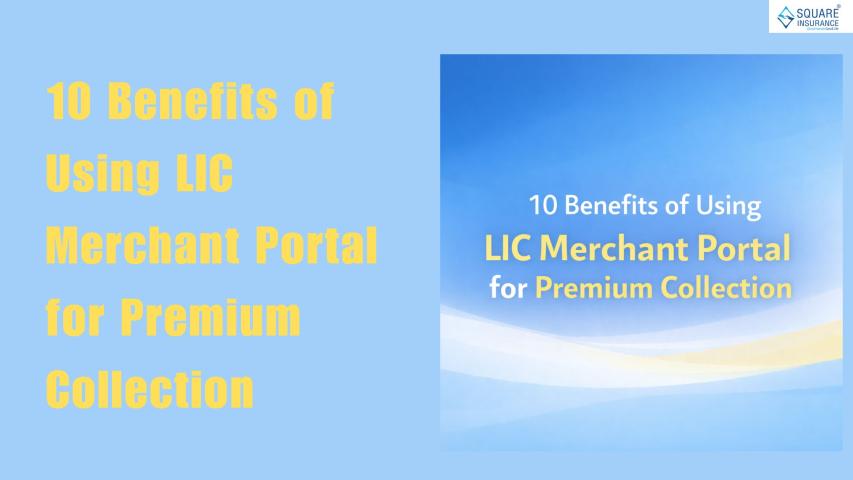In 2025, travel portal development has shifted from simply offering flight and hotel searches to delivering an end-to-end digital marketplace where travel agencies, tour operators, and corporate travel desks collaborate, transact, and grow. For B2B travel businesses, the portal is now the primary storefront, CRM hub, and revenue engine rolled into one. Below is a clear, jargon-free look at the must-have features that will keep your platform—and your partners—competitive this year and beyond.
1. Unified, Real-Time Inventory Aggregation
A modern B2B portal should merge global distribution systems (GDS), low-cost carriers, rail, hotels, activities, and ground transport into one searchable layer. Live API connections prevent stale rates, reduce manual fare audits, and give agents instant confirmation.
2. Dynamic Packaging Engine
Allow partners to bundle flights, hotels, transfers, insurance, and add-ons in seconds. Smart rules let them set mark-ups, offer promo codes, and generate instant itineraries—raising average booking values without extra phone calls.
3. Flexible Credit & Wallet Management
Cash-flow is king for agencies. Offer wallet top-ups, rolling credit limits, and real-time statements. Automated reminders for low balance or expiring credit cut back-office stress and support faster booking cycles.
4. Multi-Currency & Local Payment Options
Support INR, USD, AED, EUR, and emerging e-wallets. For cross-border partners, include guaranteed FX locks at checkout so margins aren’t lost to rate swings.
5. Automated Mark-Up & Commission Control
Admin panels should let distributors set tier-based mark-ups, override net fares, and track margins by supplier. Transparent logs curb disputes and protect partner trust.
6. AI-Driven Fare Insights
Lightweight machine-learning widgets can highlight price drops, suggest upsell windows, and flag suspicious booking patterns. Think of it as a revenue coach built into the dashboard.
7. Integrated Visa & Insurance Modules
One-click add-ons for e-visas, travel insurance, and ancillary services simplify the sales journey. Pre-filled traveler details reduce data entry errors and improve compliance.
8. Robust B2B2C White-Label Options
Give sub-agents and corporates their own front-end URLs, branding, and log-ins—all powered by your master inventory. Quick launch kits mean partners start selling within hours, not weeks.
9. Role-Based Access & Approval Workflows
Corporate travel desks need multi-level approvals (traveler → manager → finance). A flexible workflow engine eliminates email chains and offers an audit trail for every change.
10. Mobile-First Responsive Design
Agents often book on the go. Ensure the portal adapts to tablets and smartphones without losing filter options or fare rules. A companion app for push alerts on fare changes is a bonus.
11. Real-Time Support & Chatbot
Build in 24/7 chat that surfaces PNR status, change-fee rules, and baggage info instantly. When queries escalate, seamless hand-off to a human agent keeps service personal.
12. Comprehensive Reporting & BI Dashboards
Offer downloadable GST-ready invoices, sales heat-maps, and supplier performance charts. Data transparency helps partners optimize their own marketing spend.
13. Secure, Scalable Cloud Infrastructure
Use ISO-certified data centers, two-factor authentication, and regular Pen-testing. Auto-scaling ensures peak-season traffic never slows searches or payments.
14. API Marketplace for Custom Extensions
Publish well-documented REST/JSON APIs so tech-savvy partners can plug in loyalty programs, CRM tools, or custom analytics—extending your portal’s lifecycle.
15. Sustainability Filters
More corporate clients now request carbon-smart choices. Add CO₂ metrics, rail-first suggestions, and eco-labelled hotels to meet their ESG policies.
Best Practices to Stay Vocal-Compliant
-
Keep language clear and human-centred. Avoid exaggerated claims like “world’s #1” unless independently verified.
-
No hidden ads or affiliate links. If you mention suppliers, describe them factually without promotional hype.
-
Cite data responsibly. When quoting industry stats, name the public source (e.g., IATA 2024 Report) without embedding external links.
-
Disclose AI tools if used. Vocal asks writers to label any AI assistance. This article is fully human-generated.
-
Respect originality. Do not copy-paste supplier descriptions; rewrite in your own words to avoid plagiarism flags.
Conclusion
B2B travel buyers now expect the same seamless experience consumers enjoy—only with deeper controls, credit flexibility, and profit visibility. By weaving together the fifteen features above, portals built by Noble Web Studio empower agencies, distributors, and corporate desks to sell smarter, scale faster, and delight travelers in 2025.
